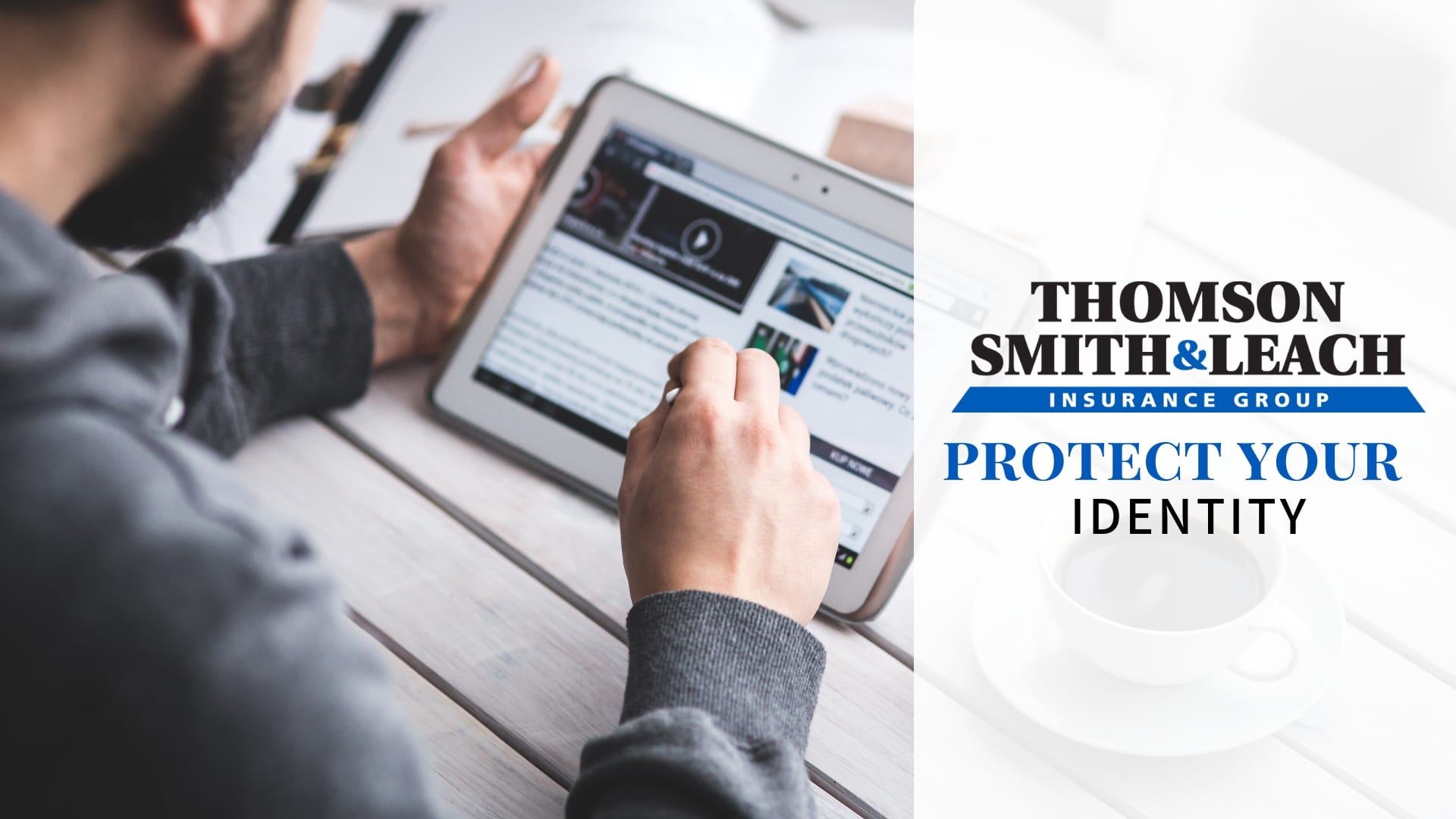
Keep Yourself Safe: 4 Ways to Prevent Fraud
International Fraud Awareness Week is November 17-23 and serves as a global effort to minimize the impact of fraud by promoting anti-fraud awareness and education. According to the Insurance Information Institute, over 14 million consumers fell victim to identity fraud in 2018, down from a record high of 16.7 million in 2017. Protecting your identity in today’s day and age is becoming increasingly important each and every day, due to the pace and speed at which technology is advancing. According to the Federal Trade Commission, there are 4 primary ways to protect your personal information and reduce your risk of identity theft:
- Know Who You Share Your Information With
- Store and Dispose of Your Personal Information Securely
- Ask Questions Before Deciding To Share Your Personal Information
- Maintain Appropriate Security on Your Computers and Other Electronic Devices
- Know Who You Share Your Information With
Before sharing valuable information with someone, it is imperative that you know exactly who you are sharing with. It is also important to be alert to impersonators who are trying to steal your information. Do not give out personal information on the phone, through the mail, or on the Internet (i.e., e-mail) unless you know exactly who you are dealing with. Phishing, or the act of sending emails in order to steal personal information such as passwords, social security numbers, etc… is at an all time high. Scammers will likely disguise their e-mail as a reputable source. Clicking on any links or files in this e-mail can expose your computer to a virus or spyware that captures your passwords and other information. In order to avoid this, find a credible phone number for the company (which will always be on the company’s website) and call them to see if the e-mail is truthful.
- Store and Dispose of Your Personal Information Securely
Storing your information in a secure place can be done in multiple ways. The most popular means of storing information today includes a Cloud storage service, such as iCloud, Google Drive, Dropbox, or Microsoft OneDrive. These cost-effective services allow you to store information securely and access it from any location. Also, only keep financial information on your laptop when absolutely necessary. Although not as convenient as the alternative, do not use the automatic login features that almost all websites have. Logging on and off of every website or software application that you use will make it harder for a thief to steal your information.
Disposing of information is just as important as storing it. Before you dispose of a computer (or sell it to a buyer), get rid of all personal information and wipe the hard drive clean! The same guideline applies to mobile devices; check your owner’s manual for information on how to delete your phone’s information permanently.
- Ask Questions Before Deciding to Share Your Personal Information
In certain scenarios, websites or businesses may ask for a social security number, and if it is not given, then they will not provide the service sought. Before sharing your social security number, ask the following questions:
- Why do you need it?
- How will it be used?
- How will it be protected?
- What happens if I do not share it?
Answering these questions can help you determine if it is worth sharing your social security number.
- Maintain Appropriate Security on Your Computers and Other Electronic Devices
Install anti-virus software, anti-spyware software, and a firewall to make sure your computer has as much protection as possible. Although not every cyberattack can be prevented with antivirus software, it is still a great asset for preventing data breach. When looking to purchase anti-virus software, as well as anti-spyware software, make sure the source is trustworthy and credible. Do not simply download any software from the internet just because it is free. Research is your best option when it comes to these decisions; reading online reviews and reports from credible sources can make all the difference.

Recent Comments